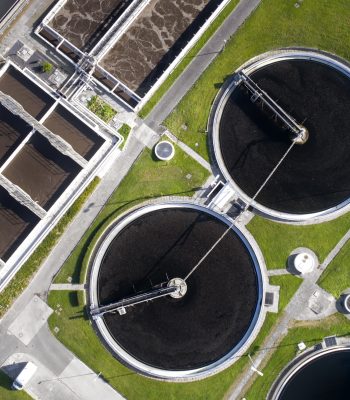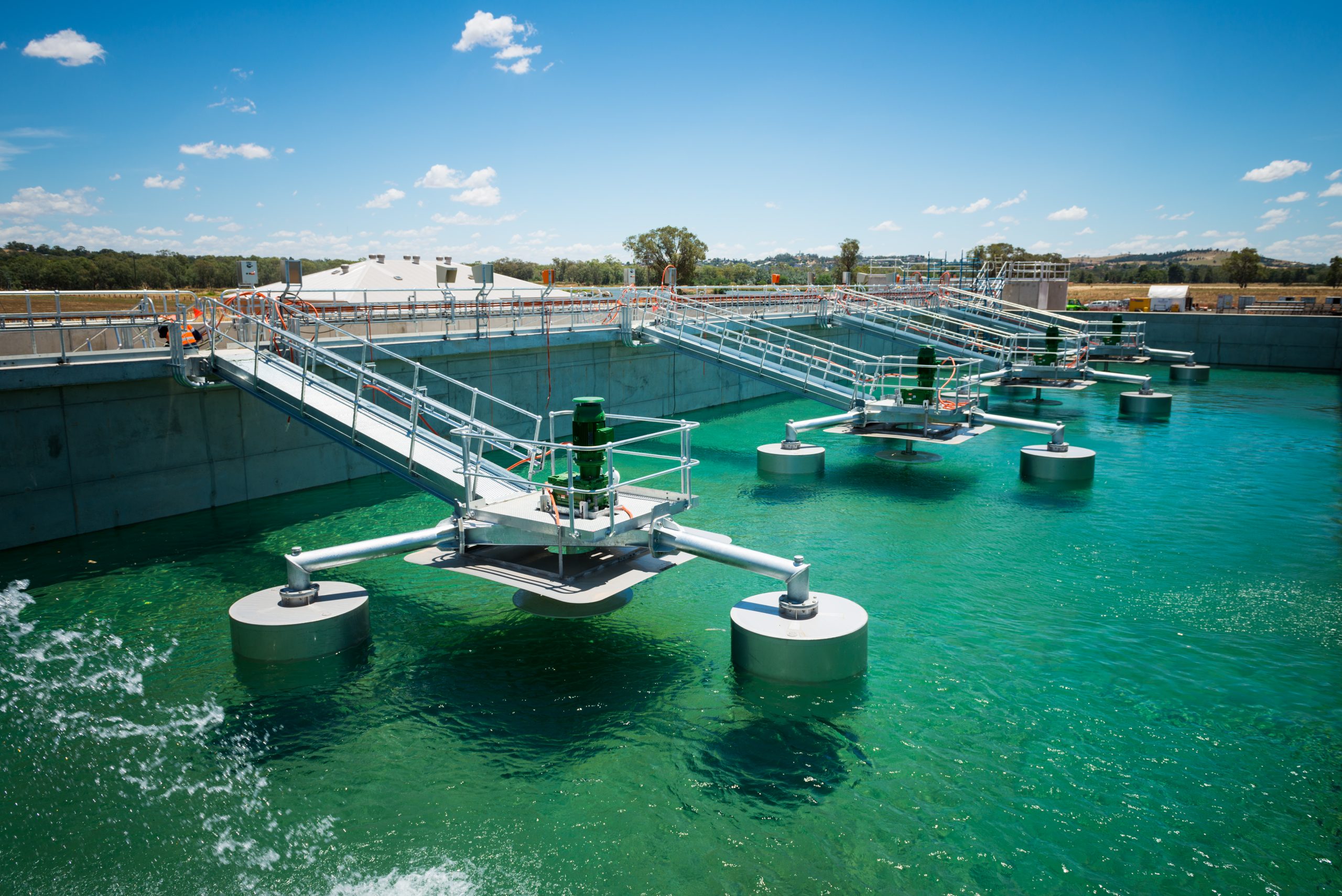Description
Converting a municipal water utility from an administrative unit into a separate legal entity with clearly defined objectives and targets can help make the utility and its management focus on its operational and financial deliverables – and thereby help to depoliticise and professionalise the planning and management of the utility. Such corporatisation into a joint stock company (JSC) may also enable better and more transparent governance of the water services following the introduction of an arms-length distance between the utility management and its municipal owner.
The operational and financial performance of a water utility can be further improved through targeted capacity-building and restructuring of its utility. Such efforts typically involve the development and implementation of a corporate development programme (CDP). A CDP would typically start off with a diagnostic, followed by clear recommendations and actions aimed at addressing any identified shortcomings linked to capacity, systems or processes within the utility and its operations. A CDP can also promote equal opportunities and strengthen other inclusion policies (see policy option for Regulation and contracting).

Resource implications and key requirements
Converting a municipal water utility into a JSC requires a significant legal effort and there is a need for clear political buy-in. However, it is in principle a one-off event and it does not require significant physical investment.
In contrast, building necessary capacity within the city administration and their water utility is a process that can take several years. It requires the utility to develop the capacity to manage and plan its assets and future investment needs. This may require the utility to invest in better information management systems and to improve its accounting procedures. External technical assistance may be an effective way to start the process and developing a CDP and a twinning agreement with a more experienced water utility may also be a good starting point.

Implementation obstacles and solutions
Converting a water utility into a separate legal and commercial entity may imply a mayor’s loss of control over daily operations at the water utility. Therefore, there may be political resistance to this structure. To provide the city administration with sufficient comfort regarding future control and supervision of the water company, a well-defined PSC can be developed and signed between the water company and its municipal owner.
Building necessary capacity is normally not controversial. However, any company restructuring aimed at improving efficiency that implies labour reforms may lead to opposition from political authorities and from the utility staff. Targeted retraining and relocation of staff, combined with natural attrition as a way to increase labour productivity may be needed to avoid overly severe social impact and political opposition. For example, in Madaba, Jordan, the first phase of the contract was seen as the basis for re-engineering the business processes and entailed the implementation of the necessary systems as well as staff training.[1]

References
[1] Sustainable Water Integrated Management (SWIM) Support Mechanism (2013), “Documentation of best practices in non-revenue water management in selected Mediterranean countries”, European Union-funded project, February 2013.
















